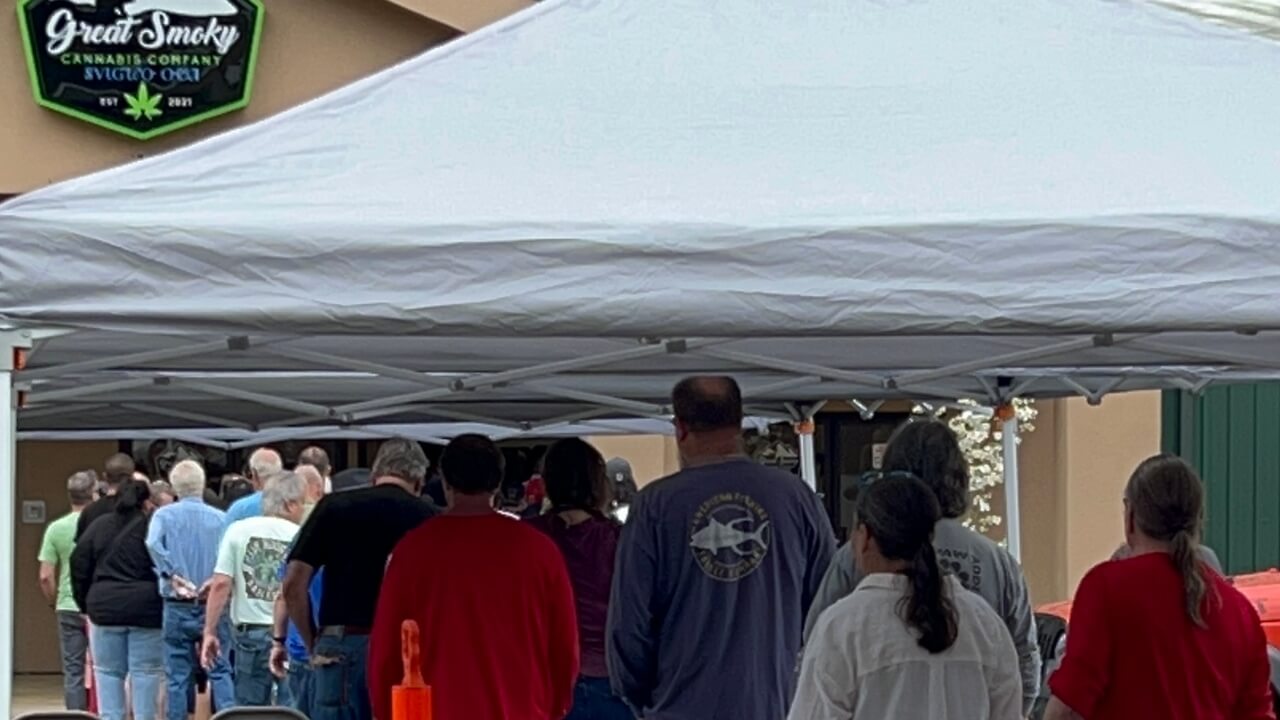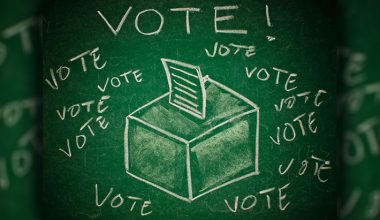(This is a contributed guest column. To be considered as an MJBizDaily guest columnist, please submit your request here.)

Native American tribes maintained a strong presence in cannabis markets throughout the United States in the past year.
States that have recently legalized adult-use cannabis, such as Minnesota and New York, experienced particularly strong growth in tribally owned businesses.
But new tribal businesses also emerged in states with more mature markets, such as California and Washington.
The U.S. government recognizes 574 Native American tribes, roughly 10% of which have opened recreational marijuana stores and/or medical cannabis dispensaries.
As of April 2025, there are 77 tribally owned cannabis outlets in nine states.
The number of stores has grown by 24% since this time last year, demonstrating the continued appeal of cannabis for tribes diversifying their economies.
These retail outlets are owned by 59 different tribes, an increase of 18% since May 2024.
Nationwide, the average size for a tribal marijuana store is approximately 4,600 square feet, although sizes range from less than 1,000 square feet to elaborate complexes exceeding 10,000 square feet.
More than 80% of tribes with cannabis retail also own and operate casinos, and 27 of the 77 retailers are located near a tribal casino.
Laws of states, sovereign tribal nations can differ
Native American nations are sovereign, and their marijuana laws sometimes differ from the state law applicable outside the tribe’s jurisdiction.
Tribal laws are sometimes more restrictive – such as banning cannabis use even in states where recreational marijuana has been legalized – but they also can be more permissive than state laws.
For example, the Eastern Band of Cherokee Indians owns the Great Smoky Cannabis Co., which is the only legal marijuana store in North Carolina, where both medical and recreational cannabis are illegal outside the tribe’s jurisdiction.
The tribe began selling adult-use products in the past year.
Washington state has the most tribal cannabis outlets with 25 as well as the most tribes operating stores at 18 (representing more than 60% of the federally recognized tribes located within Washington’s borders).
California surpassed Nevada in the past year to become the second-biggest state for tribally owned stores with 15 locations owned by 12 different tribes.
Meanwhile, Minnesota and New York experienced strong growth in the past 12 months as tribes seized on market opportunities opened by slow rollouts of state licensing programs.
Tribes can fill supply gaps during state delays
When a state legalizes adult-use marijuana but fails to quickly license retailers, it opens demand for a product that cannot be legally purchased.
This imbalance between supply and demand can further entrench the illicit market, as customers are left without a way to legally purchase cannabis products.
Tribes in such states can help fill a major gap in supply and reduce the negative impact as states slowly roll out their markets.
For example, tribes in Minnesota currently offer the only legal adult-use stores in the state.
Without the tribes, customers would have nowhere to go to legally buy recreational marijuana.
Of course, such tribes benefit from limited competition until state-licensed retailers open.
But the state-regulated market also benefits, as consumers are given a legal way to safely and conveniently buy cannabis products rather than further entrenching illegal retailers.
Native American tribes also have continued to innovate new business concepts in cannabis, especially in California:
- Sessions by the Bay is a new project from the Sycuan Band of the Kumeyaay Nation as part of a joint venture with National City, a suburb of San Diego. The nearly 16,000-square-foot facility features a dispensary, immersive art spaces, dining and a consumption lounge offering live music and events.
- The Twenty-Nine Palms Band of Mission Indians opened its Red Falcon Dispensary in three towns in the past year – Twentynine Palms, Coachella and Yucca Valley. Their Coachella outlet offers a lounge with food, beer and an outdoor patio with large televisions to attract sports fans.
Some tribes eschew retail operations
There are also dozens of tribally owned cannabis businesses outside the retail sector, and many tribes have opened cultivation and manufacturing operations.
Some of those operations are part of vertically integrated tribal businesses, such as the Great Smoky Cannabis Co. in North Carolina, but others buy and sell products with other tribes or with state-licensed businesses.
The Mille Lacs Band of Ojibwe in Minnesota has chosen to focus on developing a large grow facility rather than immediately opening a dispensary.
Meanwhile, White Earth Nation in Minnesota has sold excess cannabis products to stores owned by other tribes in the state that do not yet have large enough grow operations of their own.
White Earth Nation, which already has a retail outlet on its reservation, signed a compact this week with Minnesota that will allow it to open up to eight stores off tribal lands.
While the stores and other businesses discussed above are owned by Native American governments, some tribes have chosen to license tribal members to own and operate cannabis companies.
The Saint Regis Mohawk Tribe Cannabis Control Board in New York has licensed 20-plus cannabis retailers.
The Oglala Sioux Tribe Marijuana/Cannabis Commission has similarly licensed tribal members to open cannabis businesses in South Dakota.
In the coming year, further growth and innovation can be expected, as more tribes invest in cannabis, open new stores and expand existing operations.
Matthew Klas is a senior associate with Minneapolis-based KlasRobinson Q.E.D., a national consulting firm specializing in economic development in Indian Country. He can be reached at mklas@klasrobinsonqed.com.
Subscribe to the MJBiz Factbook
Exclusive industry data and analysis to help you make informed business decisions and avoid costly missteps. All the facts, none of the hype.
What you will get:
- Monthly and quarterly updates, with new data & insights
- Financial forecasts + capital investment trends
- State-by-state guide to regulations, taxes & market opportunities
- Annual survey of cannabis businesses
- Consumer insights
- And more!
Medical Disclaimer:
The information provided in these blog posts is intended for general informational and educational purposes only. It is not a substitute for professional medical advice, diagnosis, or treatment. Always seek the advice of your physician or other qualified healthcare provider with any questions you may have regarding a medical condition. The use of any information provided in these blog posts is solely at your own risk. The authors and the website do not recommend or endorse any specific products, treatments, or procedures mentioned. Reliance on any information in these blog posts is solely at your own discretion.






